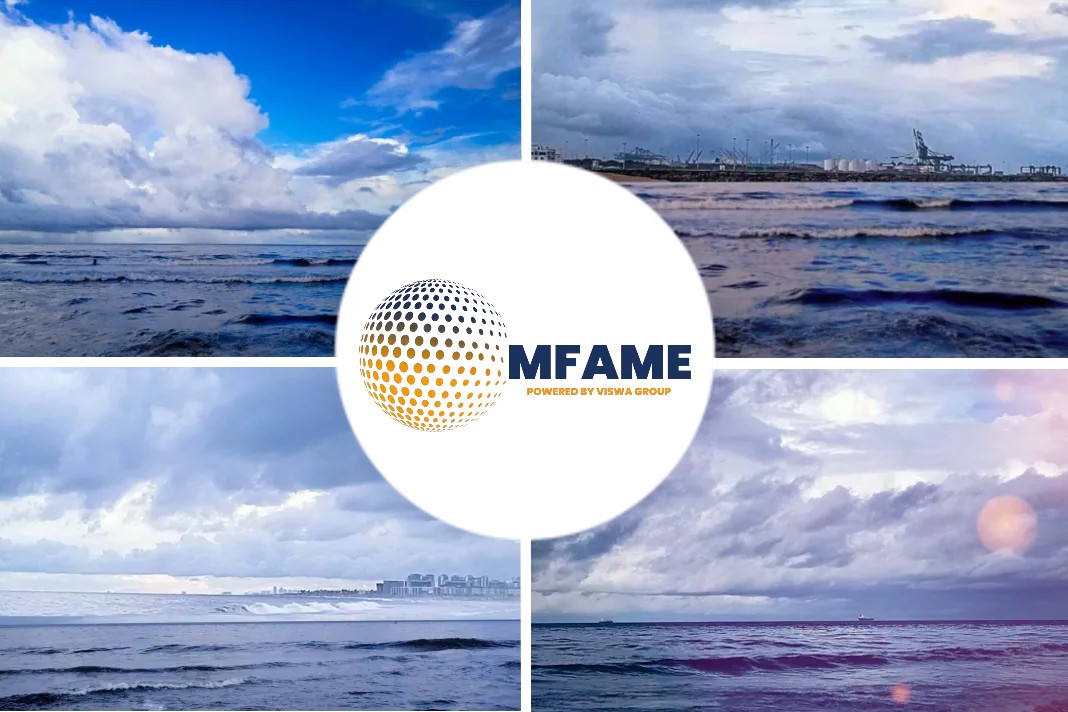- Quah Ley Hoon said they saw three major trends at play in the current global market.
- This will result in continued schedule disruption for shipping lines.
- Singapore is the world’s largest container transhipment hub and a key node in the East-West trade.
Singapore anticipates that the supply chain will remain stressed and that its port would continue to serve as a hub for shipping companies looking to catch up on schedules as reported by Seatrade Maritime.
Global market
Quah Ley Hoon, Chief Executive of the Maritime & Port Authority of Singapore (MPA), stated there are three significant themes at play in the current global market during a pre-Singapore Maritime Week media conference.
The supply chain, for example, “would be under stress in light of the Russia-Ukraine conflict, with ramifications for several industries like energy and food,” according to Quah.
The second trend was labour scarcity in ports around the world, preventing terminals from operating at full capacity. “We’re also seeing how countries are experiencing labour shortages, such as a shortage of hauliers, which might impact port operations and reduce port efficiency.”
Shipping companies
This will cause shipping lines’ schedules to be disrupted indefinitely. “We expect to see more disrupted vessels, as well as disrupted shipping timetables.” “We also anticipate seeing an increase in unscheduled port calls across the world,” she added.
With vessel schedules being disrupted, Singapore continues to perceive itself as a port where shipping companies can strive to catch up. Singapore is the world’s busiest container port and a vital crossroads for East-West trade.
“As a catch-up port, the port of Singapore will continue to do our part in the face of global supply chain disruption.” “We will ensure that maritime services like bunkering and crew changes are given in a timely manner for all ships arriving at the port, including those that arrive unannounced,” Quah said.
Transformation for growth
The third tendency, which she referred to as a “silver lining,” is that disruption offers a window of opportunity for expanding digitalization and decarbonization of shipping.
“We anticipate making progress on a variety of initiatives, including digitization and decarbonisation, as well as a fresh or renewed focus during Singapore Maritime Week,” says the company.
From the 4th to the 8th of April, the 16th Singapore Maritime Week will be hosted in both in-person and hybrid formats. The topic is “Transformation for Growth,” and it focuses on four major areas: innovation, sustainability, services, and talent.
S Iswaran, Singapore’s Minister of Transport and Minister-in-Charge of Trade Relations, will inaugurate the week, followed by Heng Swee Keat, Deputy Prime Minister and Coordinating Minister of Economic Policies, giving the Singapore Maritime Lecture.
Did you subscribe to our newsletter?
It’s free! Click here to subscribe!
Source: Seatrade Maritime

















